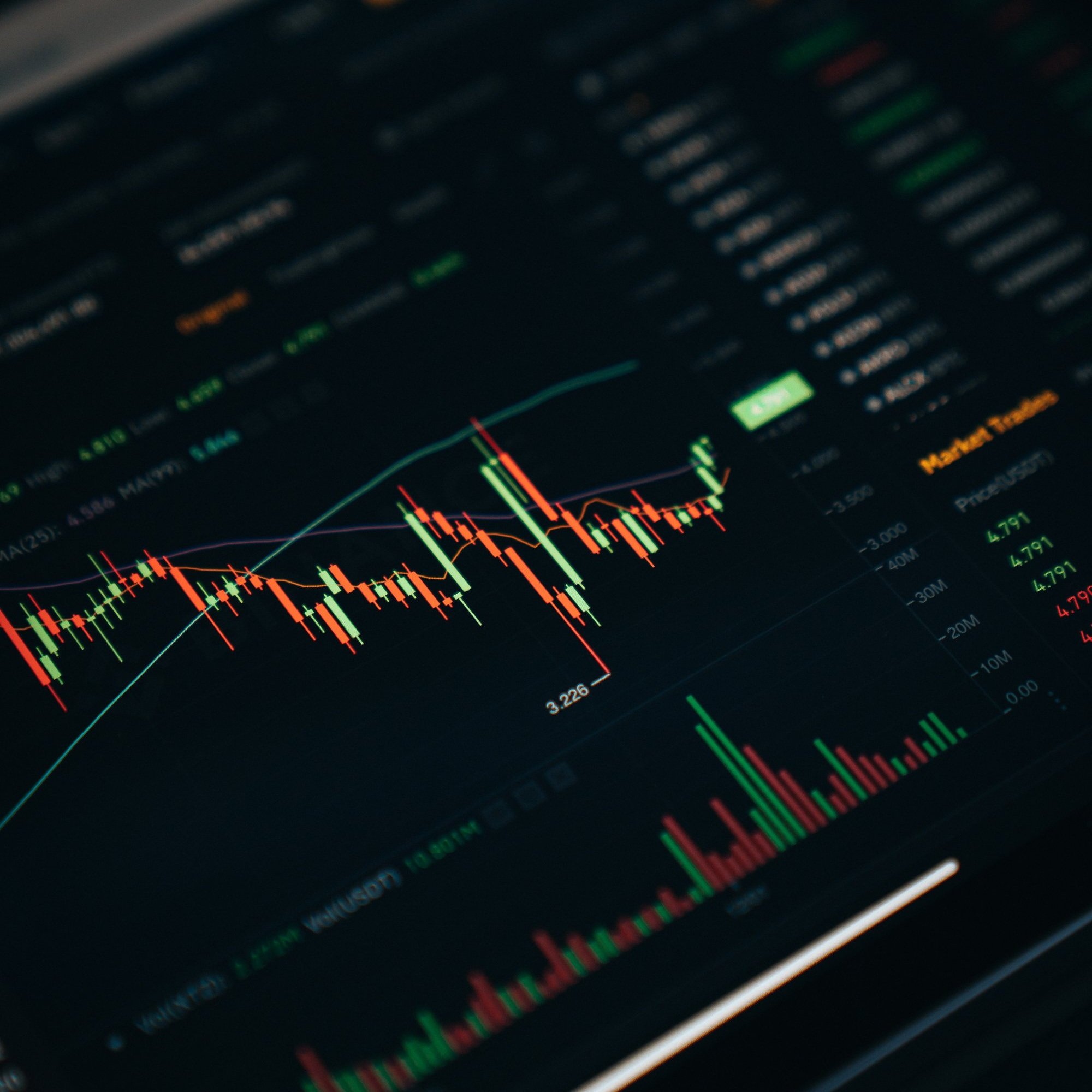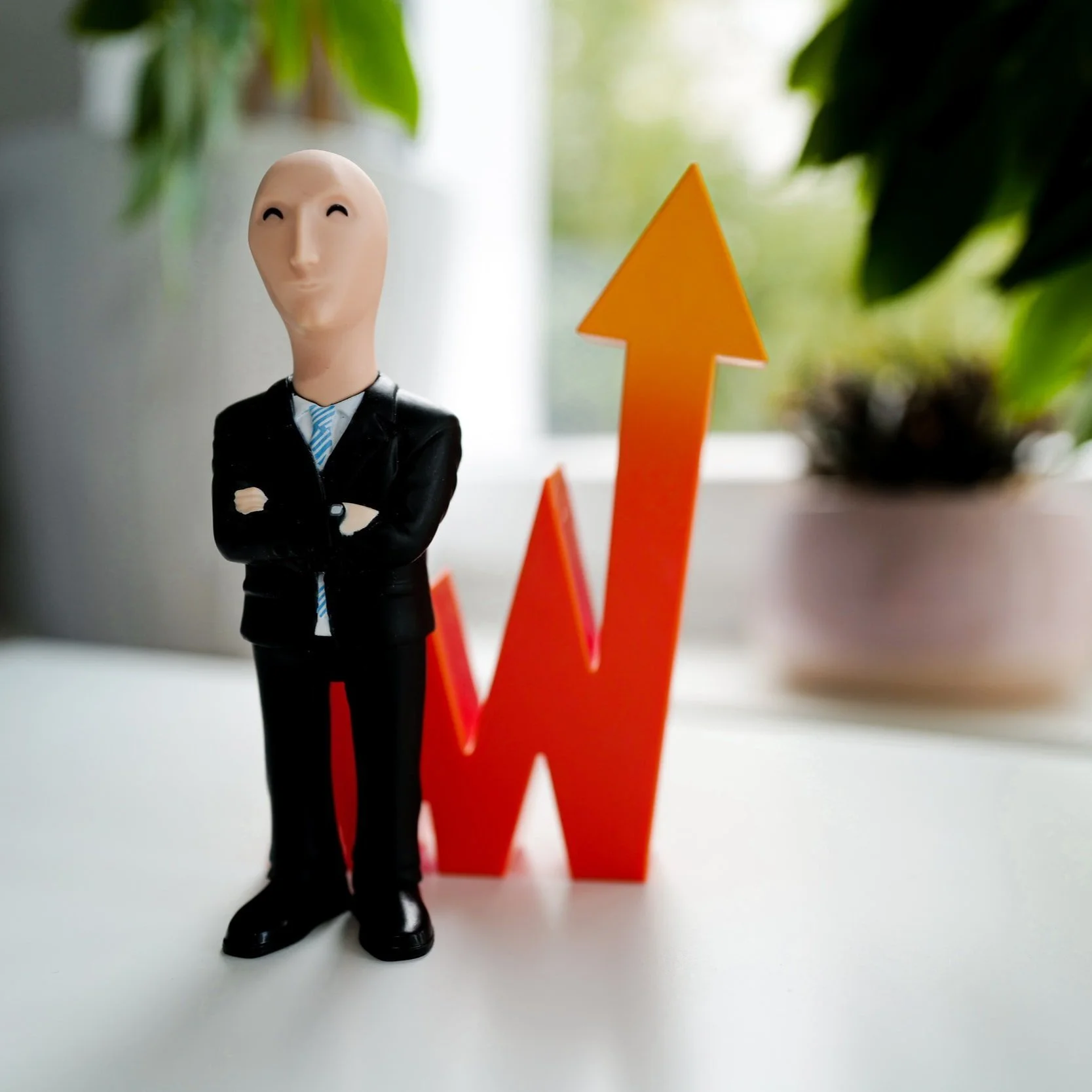Making increasingly more accurate future stock market price predictions has long been a master objective of portfolio managers, fundamental investors, exchanges, and traders alike. While many long-term investors and short-term traders have somewhat different goals for making price predictions and tend to prefer other analytical methods, both have strategies and models that depend heavily on forecasting returns and making accurate price expectations predictions. Having good price information is essential, but it is less critical than some of the applications derived from price expectation information. No price expectations ever are perfect because markets are very complex adaptive, and evolutionary, chaotic systems that are by nature impossible to predict and have some perpetually novel, not repeatable forces at play.
All in Investing
Rise of GP-Led Transactions Reshaping Private Equity Secondary Market
The buyout of RJR Nabisco in 1988 executed by Kohlberg, Kravis and Roberts Co. largely created the private equity market that exists today. The revolutionary deal created an investment strategy that spawned a new standalone asset class. Now, the private equity secondary market, particularly through the rise of GP-led transactions, is bringing about a similar transformation within the financial markets.
What is DWAC? The Donald Trump SPAC
The last 18 months have been one of the most peculiar times in modern finance. From crypto surges and NFTs, to meme stocks and all-time market highs. In October, Digital World Acquisition Corp. (NASDAQ: DWAC), a SPAC, was yet another stock to experience a meteoric rise, and has joined the fray of peculiar financial securities, becoming one of the most popular ticker symbols on Reddit forum Wall Street Bets. However, DWAC has a uniquely political twist: It is the SPAC bringing public what will become (post-merger) the Trump Media and Technology Group, a firm created and being run by former President Donald Trump.
The January Effect
In the world of investing, the basic questions investors want to know are, “Where should I put my money?” and “When should I invest?”. Within the financial world, entire departments inside banks, and even non-financial companies, are devoted to answering these two questions. Having the answers to these questions can yield significant returns on investment, and so firms put a great deal of time, money and effort into solving them. Not too long ago, the answer to the question of “when to invest?” may have had an answer. For decades investors observed an oddity in the market that reduced risk but occurred repeatedly. Unfortunately, it is largely believed this phenomenon no longer exists in our markets today. Despite this, it is still interesting to delve into the intricacies of such a lasting event.
ESG: From Boom to Doom
The ESG boom has rapidly expanded over the years growing to a $35 trillion global market set to reach $53 trillion by 2025 (Diab & Adams, 2021). More and more investors are riding the wave of evaluating investment opportunities by taking into account environmental, social, and governance factors alongside traditional financial metrics. However, a look beyond the surface depicts a different story of corruption masquerading as social responsibility.
ESG: The Future of Investing
As society moves towards more sustainable measures and public consciousness increases, ESG components will become more prevalent and a determinant in investing. Pivotal investment companies, such as Morgan Stanley, are already prioritizing ESG in their strategies and integrating monetized measurements to provide a competitive advantage. Currently, ESG proceedings are primarily symbolic over substantive. Many ESG topics will not have prompt impact but over time, companies can reap the benefits from the longevity of their ESG investments (Insights, 2020). However, as research and technology prevail and society looks forward, tangible initiatives will transpire and ESG investing will promise a future edge for progressive investors.
Risk Mismanagement
Since closing at an all-time high share price of $100.28 on March 22nd, 2021, shares of Viacom CBS (VIACA) ripped down to an intraday low of $40.78 on March 26th. Similarly, after reaching a 52-week high of $78.14 on March 19th, Discovery (DISCA) shares shaved off nearly 27%, reaching an intraday low of $41.90 on March 26th. Chinese-domiciled companies trading in the US markets such as Baidu (BIDU) and Tencent (TME) wiped off 33.5% and 48.5% on March 26th, respectively. With the unusual share price action in otherwise strong corporations in a recently smooth-sailing capital market environment, reports quickly swirled. Most of the discussion linked to large amounts of block trades placed on each of the aforementioned equities by Archegos Capital Management, a former hedge-fund turned family office run by Bill Hwang. (#1Davies et al., 2021). Initially, the propensity and velocity in the price moves of the stocks were alarming. However, $10 Billion total in losses, the wiping out of a global investment banks risk division, and an ultimate mismanagement of risk are the most alarming aspects in the Archegos Capital Management scandal. This has led the shareholders of banks involved to question why the trades blew up, and how to ensure a situation like this does not unfold in the future.
Fuel Cell Industry Frenzy
With the lingering volatility in the markets due to the pandemic, some industries have outperformed others by making huge financial gains. Within the energy industry, stock prices have skyrocketed even with wary financials. Technologies within this industry, such as fuel cells, have recently become more relevant after decades of being in the shadows of many other innovations. Fuel cells are similar to batteries that never run down. Hydrogen fuel cells are produced in sustainable ways due to the abundance of Hydrogen. (Energy.gov, 2021). With many companies needing different ways to generate sustainable forms of energy with fuel cells, companies such as Plug Power have risen to the top.
ESG: The Future of Investing
As society moves towards more sustainable measures and public consciousness increases, ESG components will become more prevalent and a determinant in investing. Pivotal investment companies, such as Morgan Stanley, are already prioritizing ESG in their strategies and integrating monetized measurements to provide a competitive advantage. Currently, ESG proceedings are primarily symbolic over substantive. Many ESG topics will not have prompt impact but over time, companies can reap the benefits from the longevity of their ESG investments (Insights, 2020). However, as research and technology prevail and society looks forward, tangible initiatives will transpire and ESG investing will promise a future edge for progressive investors.
The Robinhood Effect
What was once an industry exclusive to only the “A-list” of Corporate America, is now accessible to the average person. The financial trading industry has a scope like no other. It measures and regulates the economy worldwide and its impact goes even deeper. In the rise of online trading, we have seen the inclusivity of the investment world erupt. The expansion has made investing more popular, but has also made it more vulnerable to ignorance and sometimes being left at the mercy of the inexperienced.










